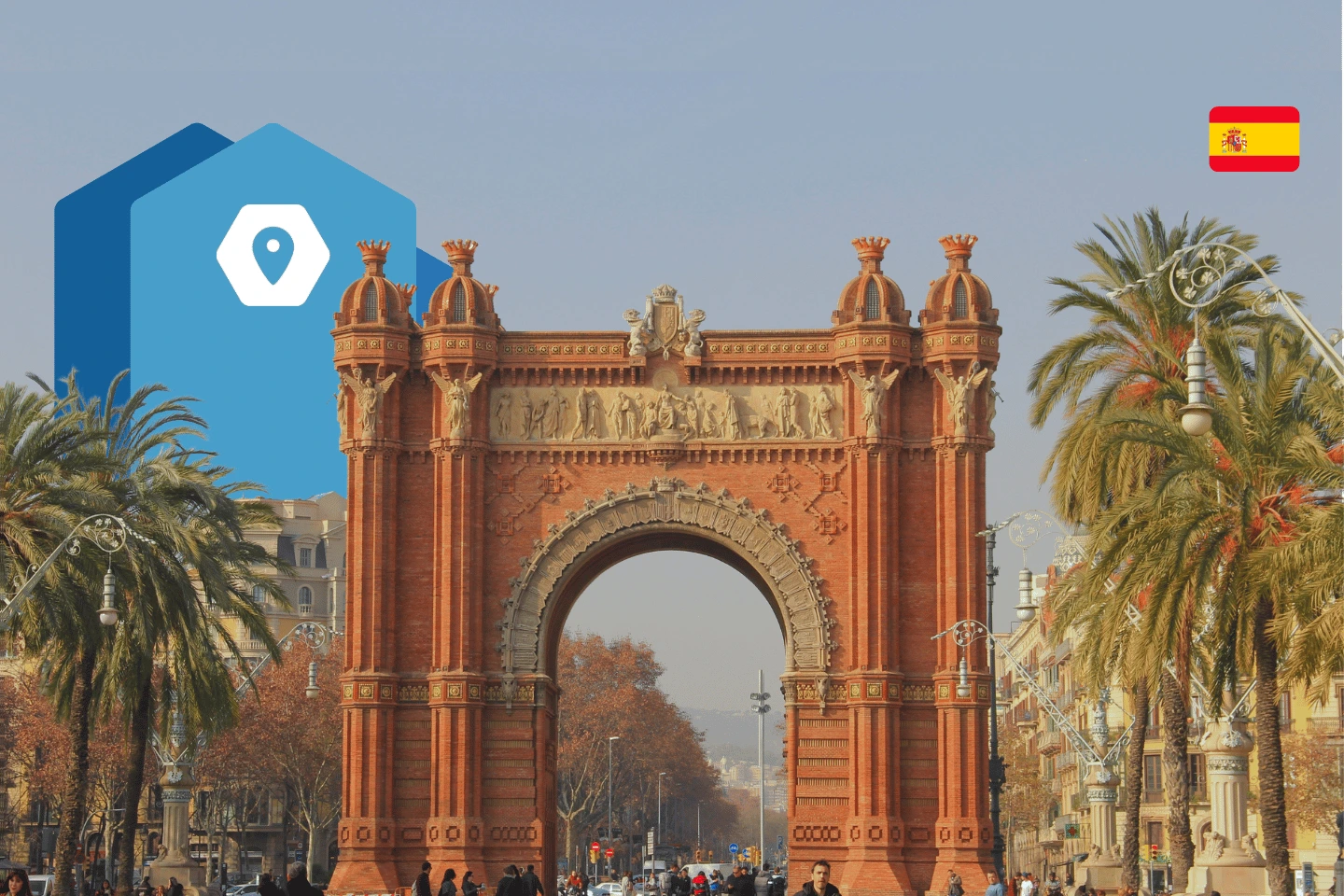Moving to Spain as a citizen of the European Union (EU) or the European Economic Area (EEA) is straightforward, but there are still a few steps to make it official. While EU/EEA citizens don’t need a visa or a residence permit, staying for longer than 90 days implies applying for a registration in the Central Register of Foreigners. Here’s how the process works and how employers can support their EU workers.
Do EU Citizens Need to Register in Spain?
EU/EEA citizens can enter Spain without a visa and stay for up to 90 days without paperwork. But if they plan to live there longer and work, they must:
- Obtain the Social Security Number
- Register with their local town hall (padrón)
- Apply for an EU Registration Certificate (NIE) (Certificado de Registro de Ciudadano de la UE)
This process gives them legal residency and a tax ID (NIF), which they’ll need for work contracts, banking, and more.
Note: Since Brexit, UK citizens follow non-EU rules and need a visa.
Spanish Residency for EU Citizens: 2-Step Process
How Long Does Residency Last?
Since there is no expiration date, the document is currently valid for life. It is important that employees have the original document at all times while they are in Spain. However, in case it is lost or if it is in poor condition and unreadable, they must request a duplicate at the police station.
How Can Employers Help?
Relocating employees is easier when companies take an active role in the process.
- Securing the NIE early makes a big difference. Since the tax ID is assigned during this registration, some employees may need it before signing lease agreements or opening bank accounts. Visit our Step-by-Step Guide to Getting the NIE for more information on the process.
- Explaining the town hall registration (padrón) requirements helps avoid oversights. Many new hires aren’t aware they must register with their local town hall. Partnering with an experienced Global Mobility provider like Jobbatical can save your HR team and international hires time and frustration.
- Clarifying health coverage is another way to smooth the transition. Employees who pay into Spanish Social Security gain access to healthcare, social benefits, and other public services.
- Supporting family reunification matters for employees relocating with dependents. Non-EU spouses and children can apply for residency once the employee is registered, but they’ll need documents like marriage certificates and proof of a shared address. At Jobbatical, our local experts can support your employees and their families throughout the entire relocation process.
How Jobbatical Can Support Your EU Hires’ Residency Process
Our team specializes in Spanish work and residency processes for international skilled workers. Our local agents simplify the Spanish immigration processes, offering expert guidance for your employees and their families throughout. Contact us for a stress-free relocation experience.
Employee Relocation to Spain FAQs
Jobbatical handles the entire relocation process—from work visa applications and residence permits to housing and tax registration. We take care of Spanish bureaucracy so your employees and their families can relocate smoothly and focus on their new roles.
Absolutely! We provide end-to-end support for family reunification—helping with dependent visa applications, accommodation search, school enrollment, and integration support for spouses and children.
Relocation timelines vary based on visa type and personal circumstances. On average, work visa approvals take 4–12 weeks. Our team will keep you informed at every step and work to accelerate the process whenever possible.

.svg)



.webp)







.svg)
